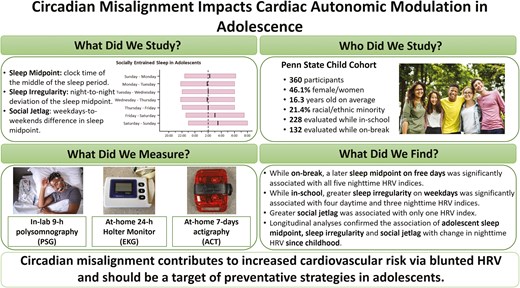2025-02-18 バース大学
<関連情報>
- https://www.bath.ac.uk/announcements/older-patients-can-inadvertently-be-put-at-risk-when-they-are-taken-off-blood-thinning-drugs/
- https://heart.bmj.com/content/early/2025/02/14/heartjnl-2024-324763.info
高齢の心房細動患者における抗凝固療法の安全性と有効性(曝露期間と未曝露期間において) Safety and effectiveness of anticoagulation therapy in older people with atrial fibrillation during exposed and unexposed treatment periods
Anneka Mitchell,Margaret C Watson,Tomas J Welsh,Anita McGrogan
Heart Published February 17, 2025
DOI:https://doi.org/10.1136/heartjnl-2024-324763

Abstract
Background Anticoagulation therapy reduces stroke risk in patients with atrial fibrillation (AF), but it is often underused in older populations due to concerns about bleeding. This study aimed to compare the safety and effectiveness of anticoagulation during periods of exposure and non-exposure and across different anticoagulants in people with AF aged ≥75 years.
Methods Using UK primary care data from the Clinical Practice Research Datalink (2013–2017), a retrospective cohort study was conducted on patients newly prescribed oral anticoagulants (warfarin or direct oral anticoagulants). Exposure to anticoagulation was mapped using prescription data. Cox regression models were used to estimate adjusted HRs for stroke, bleeding, myocardial infarction, and death during periods of exposure and non-exposure and for different anticoagulants.
Results Among 20 167 patients (median age 81 years), non-exposure to anticoagulation was associated with higher risks of stroke (HR 3.07, 95% CI 2.39 to 3.93), myocardial infarction (HR 1.85, 95% CI 1.34 to 2.56) and death (HR 2.87, 95% CI 2.63 to 3.12) compared with exposure. Compared with warfarin, apixaban was associated with lower risks of non-major bleeding (HR 0.73, 95% CI 0.64 to 0.85), whereas rivaroxaban was associated with higher risks of major (HR 1.33, 95% CI 1.15 to 1.55) and non-major (HR 1.29, 95% CI 1.16 to 1.44) bleeding.
Conclusions Non-exposure to anticoagulation increases the risks of stroke, myocardial infarction and death in older patients with AF. Clinicians should carefully weigh the risks of discontinuing anticoagulation and provide shared decision-making support to patients, especially when considering deprescription.


